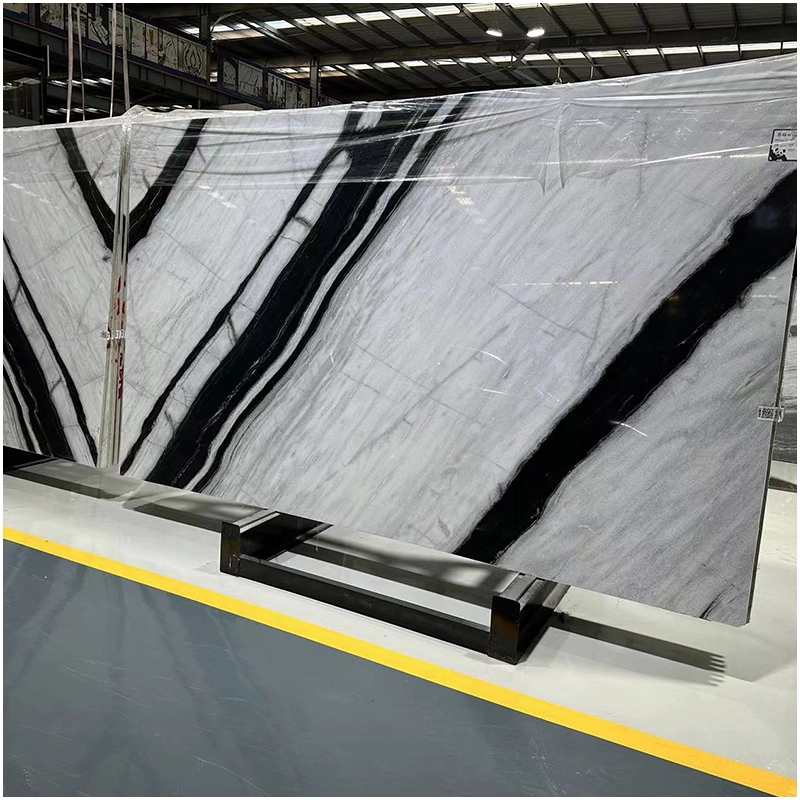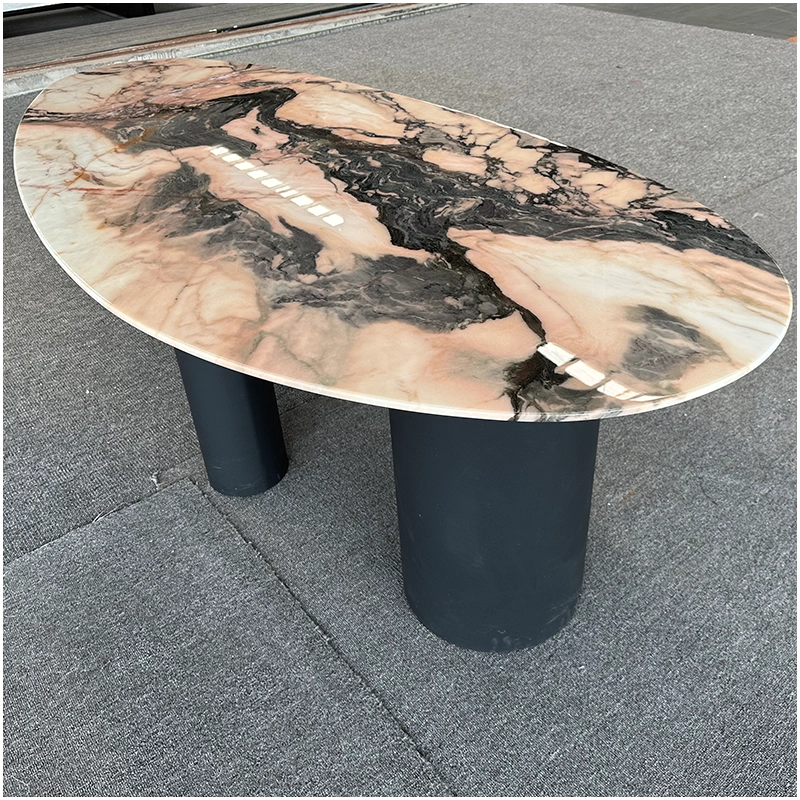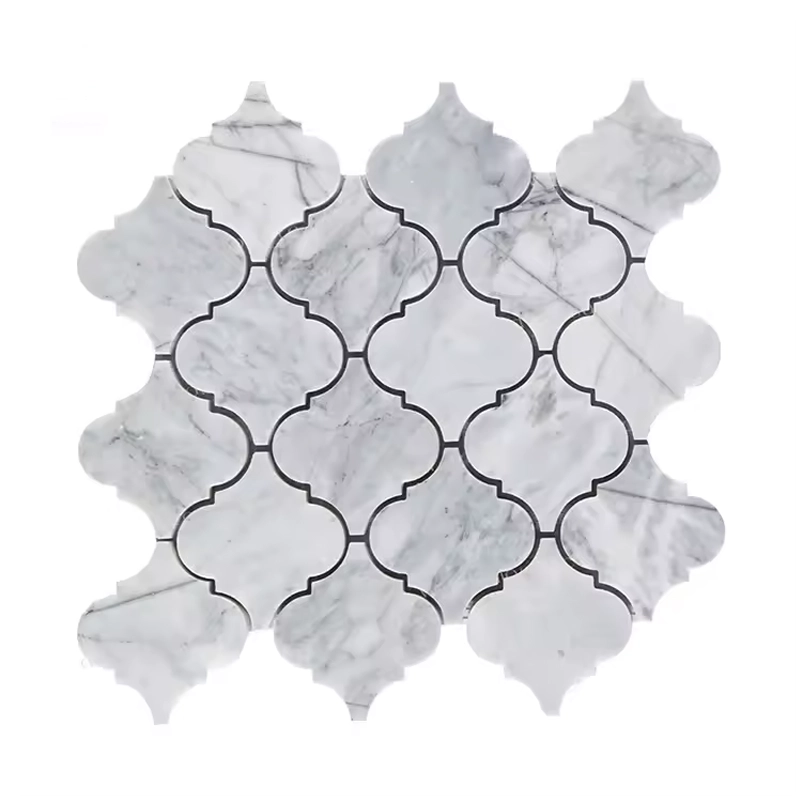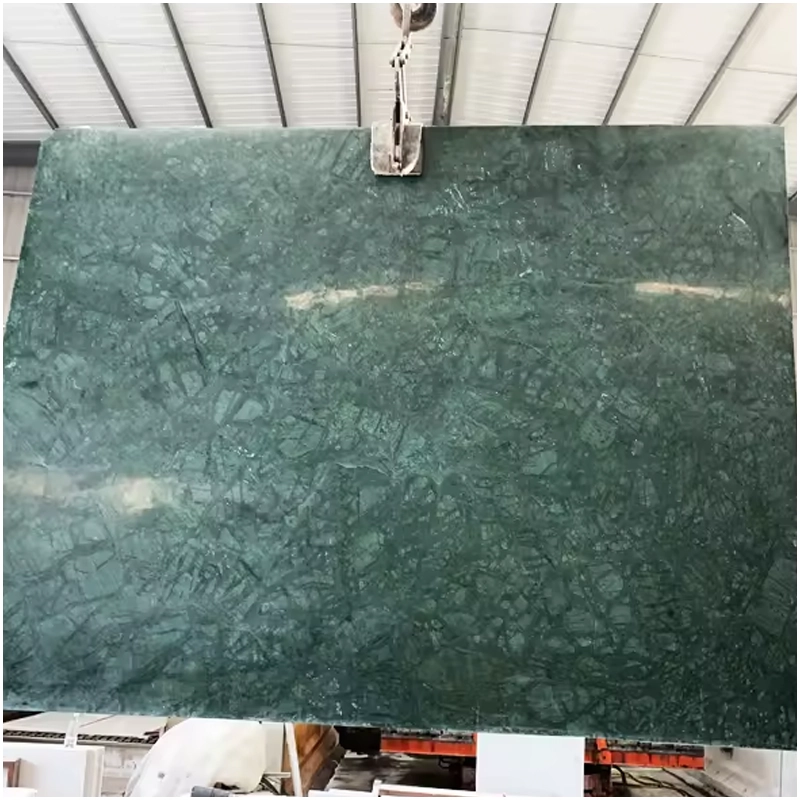Particularly in worktops and flooring applications, more and more households and businesses have started to select basalt as a decorating element in recent years. Because of its hardness and durability, basalt—a naturally occurring volcanic rock—has evolved into a preferred choice for high-frequency usage spaces such bathrooms and kitchens. Its straightforward and contemporary look also fits the present popular design trend at the same period. Whether in homes or businesses, basalt may provide the area a distinctive natural beauty and lifetime of use experience.
The several qualities and benefits of basalt will be introduced to you in this post so that you may appreciate why more and more people choose it. We will also contrast it with other popular countertop and flooring materials like granite and quartz at the same time to assist you in choosing a more fitting one.
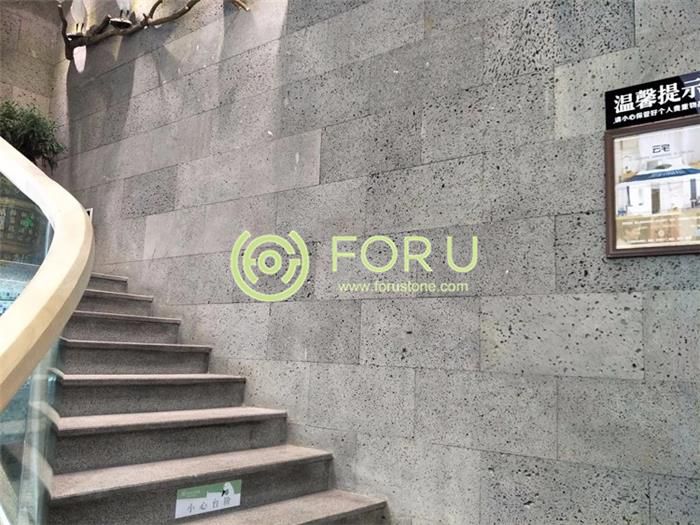
Form and composition
Made by quickly cooled lava on or close to the surface of the earth, basalt is a volcanic rock. Its great strength and endurance stem from its dense, fine texture, which Rich in iron and magnesium, basalt is essentially made of minerals including pyroxene, feldspar, and olivine. From charcoal gray to deep black, these mineral constituents provide basalt its distinctive dark tones.
Resiliency and Resistance
Excellent durability of basalt is one of its key qualities. Basalt is a durable stone that fits perfectly for use in high-traffic areas like bathrooms and kitchens. Being a volcanic rock, it is quite resistant to tiny scratches and cracks and can keep its natural state over a long lifetime.
Apart from preventing physical damage, basalt is also very resistant to water and does not readily absorb moisture, which makes it a perfect choice for bathroom countertops, floors and walls, particularly in surroundings with significant humidity variation.
Basalt’s uses in interior design
Countertops Made of Basalt
Basalt countertops have become a common choice for kitchen decorating in recent years thanks to their straightforward, modern look and great performance. Modern or traditional style kitchen designs can benefit much from the several surface treatments that basalt offers—honed, polished, brushed, etc. Basalt countertops are perfect for food preparation as a dense stone since they are quite stain-resistant and may keep their original look over a lengthy period of usage.
The kitchen gains a sophisticated and understated visual impact from basalt’s natural tones, which run from dark gray to absolute black. Unlike the veins and patterns of marble, basalt’s consistent look and fine texture are ideal for consumers looking for a modern, understated style.
Basalt Flooring
Basalt provides beautiful flooring options for both homes and businesses as well. Basalt is perfect for installation in floor with geothermal heating systems because of its natural heat resistance; its wear resistance guarantees that it will remain beautiful over long periods of usage in high-traffic areas. Basalt flooring can sustain a lot of foot traffic without being readily harmed whether in commercial buildings including hotels, offices, shopping centres, or homes.
Because it resists the impacts of the outer environment, basalt flooring not only gives residential users an attractive ambiance to living rooms, kitchens and hallways but also delivers long-lasting beauty to outdoor areas such terraces and pool surrounds.
Wall decorations and other decorations
Apart from floor and countertop surfaces, basalt is also frequently utilized as wall decoration, focal point accentuation and accentuating element. When building noticeable walls, fireplace surrounds, and outdoor facades, this stone’s natural veins and dark tones really draw attention. Modern and industrial interiors especially love the tough appearance of basalt since it makes a great visual impression.
Advantages of choosing basalt
Extreme durability of basalt is one of the key factors influencing people’s choice of it for floors and counters. Basalt is a better choice for high-use areas like kitchens than granite and quartz since it is stronger and more stain-resistant. This will help to avoid damage.
Granite is likewise a durable material, but basalt’s more consistent texture and less obvious veins appeal more in modern, simple designs.
Basalt is rather plentiful as a natural resource and can be mined sustainably, hence it also offers some benefits for environmental protection. Unlike some synthetic materials, basalt does not call for the use of dangerous chemicals or difficult manufacturing techniques. Furthermore, basalt may be recycled and applied after it reaches the end of its life, therefore lowering the waste generation.
Selecting basalt from reputable companies such as foru helps consumers to guarantee that the product they buy is responsibly and sustainably mined and produced. More and more families and builders respect this sustainability as it becomes a consideration.
Potential Drawbacks of Selecting Basalt Flooring and Countertops
Although basalt is a quite useful and strong material, several possible drawbacks should be taken into account before deciding.
Cost Considerations
Making and installing basalt counters usually calls for certain tools and methods because of its hardness and cutting difficulties. This causes basalt to be usually more costly than materials like granite and quartz. Still, given its low maintenance needs and durability, many customers find it to be a reasonable investment.
upkeep and attention to detail
Basalt is a porous material that must be sealed before use to stop oils, liquids, or acids from penetrating even if it is quite stain-resistant. While it may make cleaning somewhat more difficult, sealing successfully guards the surface from stains.
Problems with Installation and Cutting
Basalt’s density and hardness make cutting and personalizing more challenging than some other natural stones. Thus, when installing it, specific tools and techniques are needed, which could increase labor hours and expenses. Processing basalt could provide some difficulties if you want a very unique countertop or style.
Basalt vs. Granite
Although both granite and basalt are hard and durable stones, basalt is more often used in modern architecture since its surface is more homogeneous and shows no obvious textures or patterns. On the other hand, consumers who want a classic and opulent style would find granite’s natural textures and distinctive patterns appropriate.
Basalt vs. Quartz
Whereas quartz is a synthetic material derived from natural stone chips combined with resin, basalt is a natural stone. Though often not as resistant to heat and scratches as basalt, quartz counters are non-porous and easy to clean and maintain. Basalt is a superior option for customers seeking a natural beauty that is tough and long-lasting yet still modern.

Why should one choose basalt?
Perfect for counters and flooring, basalt is a very flexible, resilient, and lovely material. Modern homes and businesses often feature it since of its great performance and natural beauty. Given its lifetime and durability, these drawbacks are reasonable even if it has a quite high starting cost and needs appropriate maintenance. Basalt can offer you environmentally friendly, premium, long-lasting solutions both in homes and businesses.



